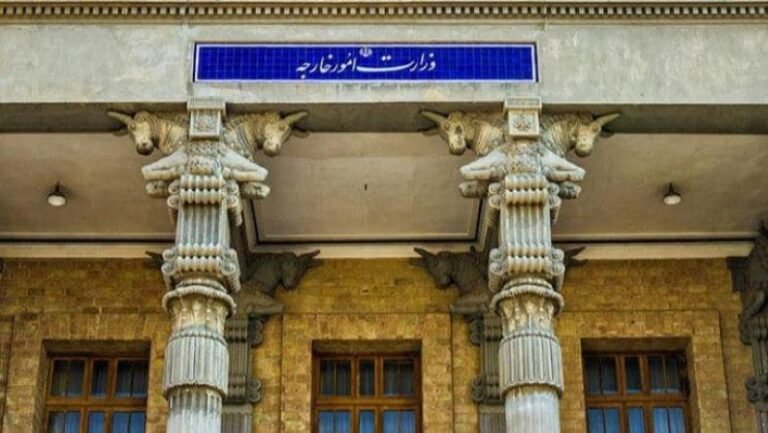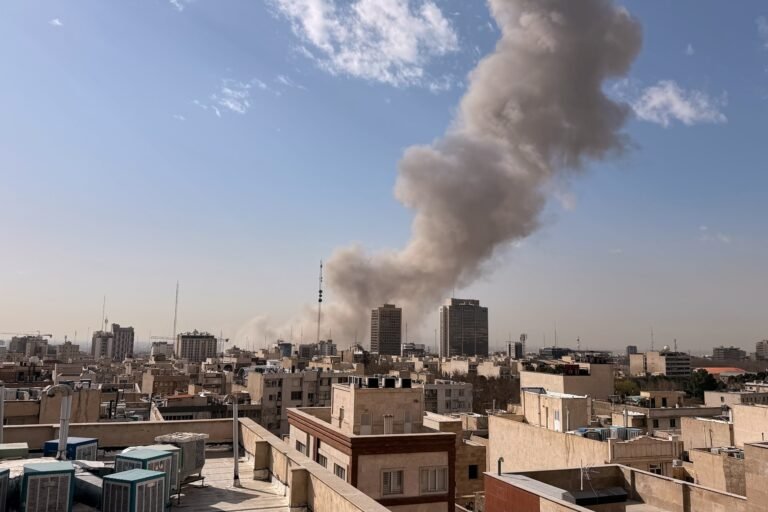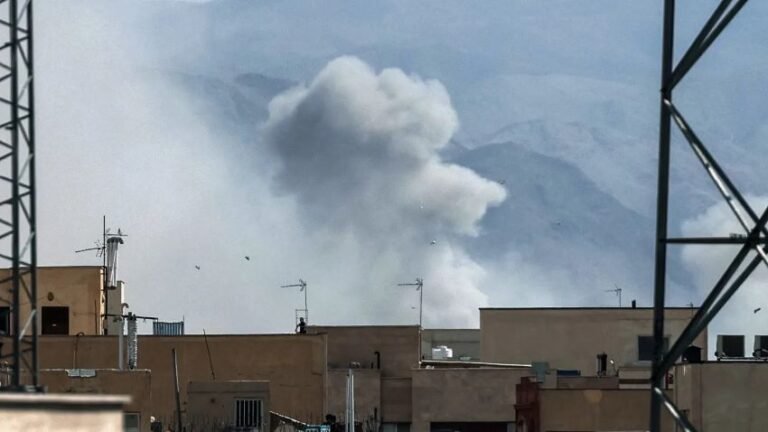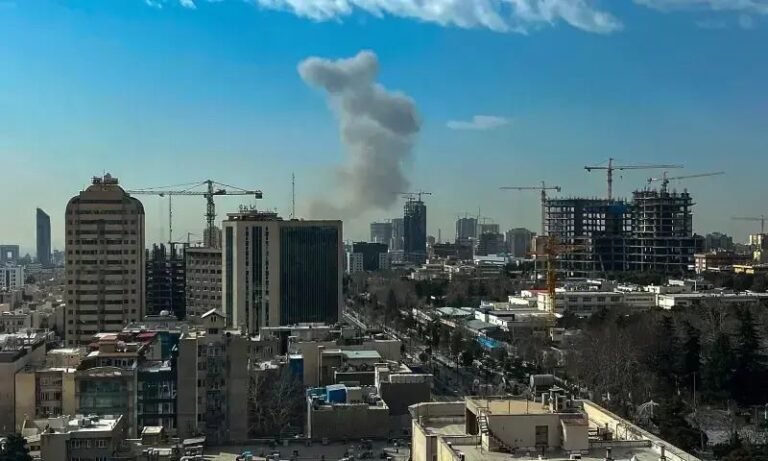Nairobi, 5 October 2022 (TDI): Oxfam International reports that the world is facing more frequent droughts. This also includes intense heat waves as well as unpredictable weather changes.
World Climate Crisis
In 10 of the world’s worst climate hotspots such as Afghanistan, Burkina Faso, Djibouti, Guatemala, Haiti, Kenya, Madagascar, Niger, Somalia, and Zimbabwe hunger is getting worse as a result of climate change.
Furthermore, over the past twenty years, these nations which had the highest number of UN requests prompted by extreme weather have been frequently hit by extreme weather.
G20 countries are responsible for nearly seventy-seven percent of carbon emissions in the atmosphere.
That makes about 650 times more than the above-mentioned ten countries that were impacted severely by the climatic crisis causing dangerous outcomes for the environment.
Additionally, in those nations, there are currently 48 million people who are acutely hungry (up from 21 million in 2016), and 18 million of them are on the verge of starving.
Recurring climatic shocks are starting to break the backs of millions of people who are already being battered by protracted conflict, growing inequality, and economic crises.
Also Read: Oxfam provides income opportunities in Zaatari Refugee Camp
Apart from this, the severity of the climate calamities is now exceeding the capacity of the poor to manage, driving them farther into extreme starvation.
Moreover, the most polluting nations continue to acquire incredible wealth even as mankind faces these existential issues.
These include, the oil and gas sector has generated $2.8 billion in profits per day for the past 50 years.
Along these lines, these earnings would fund the whole $48.82 billion UN humanitarian appeal for 2022 in less than 18 days.
Rich, polluting nations are being urged by Oxfam to contribute immediately to the UN appeal in order to save lives.
Furthermore, they must also ensure sufficient climate money to aid poor people in adapting, and dramatically reduce their emissions.
More importantly, paying low-income countries affected by climate catastrophe if they are to prevent the next one.















